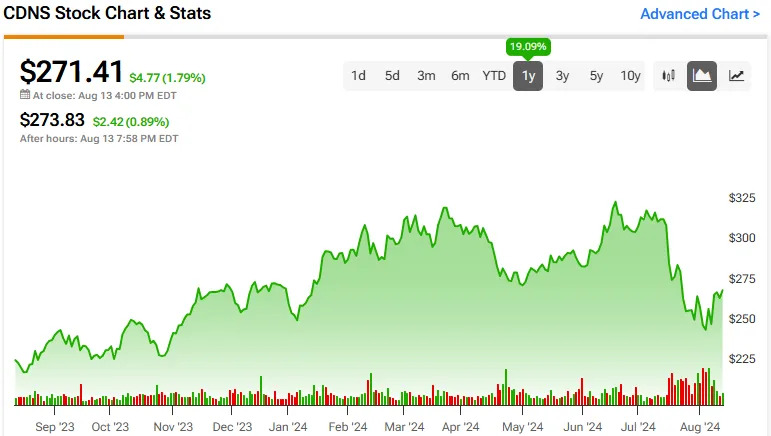(Oil & Gas 360) – The Sense That Natural Gas Won’t Be Needed/Shouldn’t Be Used Is Helped By Climate-Change Fear And Mild Temps That are Changing Will Catch Many Short.
Investor interest and natural gas expectations still restrained is helped by this week thus far delightfully mild. The cold air along the East Coast last week has been replaced by warm air this week. Everywhere is mild with the Northeast experiencing maximum temperatures 12 °F or more, warmer than normal (Figure 5, top-right graph, shades of grey to brown). And the North Central and Northeast experiencing minimum temperatures 12 °F or more, warmer than normal (bottom-right-graph, shades of grey to brown).
However, the latest forecast (and almost all forecasts prove to be too warm/too mild) reinforces our bullish outlook. Cold air does exist, it hasn’t been CO2’d away and consensus beating natural gas and oil demand is the direction we head. Today’s temperature forecast for next week predicts a big temperature change (Figure 6). Most Americans are predicted to be quite cold. Especially with January 8 to 12 near the Winter peak. And, every beginning-of-the-week temperature forecast since mid-September has been too warm, an average of 2.0 °F warmer than what occurred. This forecast supports our assessment: wind patterns determine the temperatures experienced. Not Earth’s atmosphere’s CO2 content. Odds have increased that an overdue colder Winter is the direction we head.
We credit a wind-pattern Change for the Change in January’s temperature forecast. It should/will provide more support for the conclusion that the atmosphere’s CO2 content coincides with temperature. It is not what causes temperatures. Eliminating mankind’s CO2 emissions is a very foolish pursuit. The new temperature forecast for January (Figure 7) produced two days ago is notably different from the forecast 12 days earlier (Figure 3). Especially from the perspective of natural gas and oil demand.
By oilandgas360.com contributor Michael Smolinksi with Energy Directions
The views expressed in this article are solely those of the author and do not necessarily reflect the opinions of Oil & Gas 360. Please consult with a professional before making any decisions based on the information provided here. T he information presented in this article is not intended as financial advice. Contact Energy Directions for the full report. Please conduct your own research before making any investment decisions.






